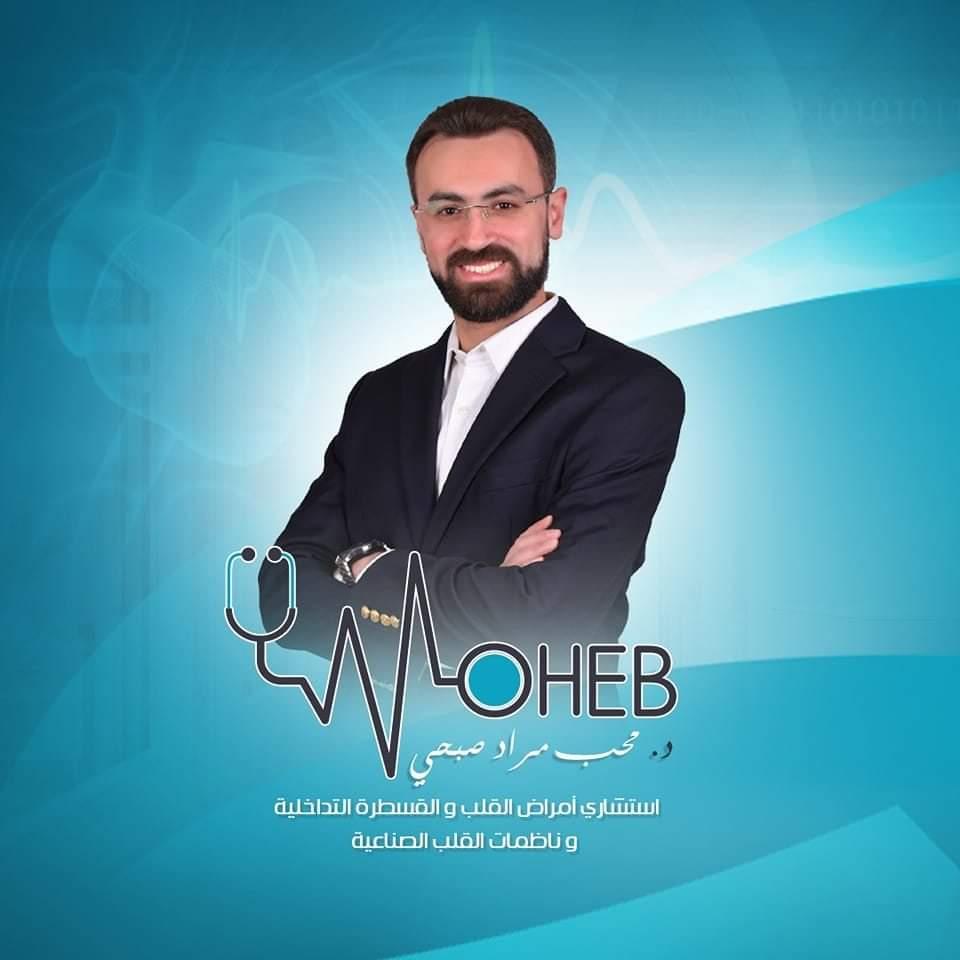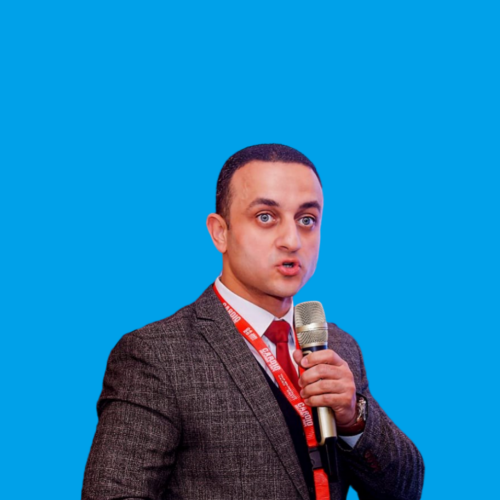While heart catheterization is a common and effective procedure, it can carry certain risks and potential complications. Here are some possible adverse effects:
Cardiac Complications:
Some complications may occur during or after the procedure, such as a heart attack or atrial fibrillation, where the catheter may affect the heart's rhythm.
Bleeding:
Bleeding can occur at the insertion site, such as the femoral artery or wrist. In rare cases, this may require a blood transfusion or additional medical procedures.
Blood Vessel Damage:
Inserting the catheter may damage blood vessels, which can lead to blockages or blood clots.
Infection:
As with any procedure involving penetration of the skin, there is a risk of infection at the insertion site.
Allergic Reactions:
Some patients may experience allergic reactions to the dye used for angiography (X-ray imaging of blood vessels) during the procedure.
Kidney Complications:
The dye used in some cases can impair kidney function, particularly in patients with pre-existing kidney problems.
Blood Clots:
There is also a risk of developing blood clots in the vessels after the procedure, which could lead to complications such as a stroke.


